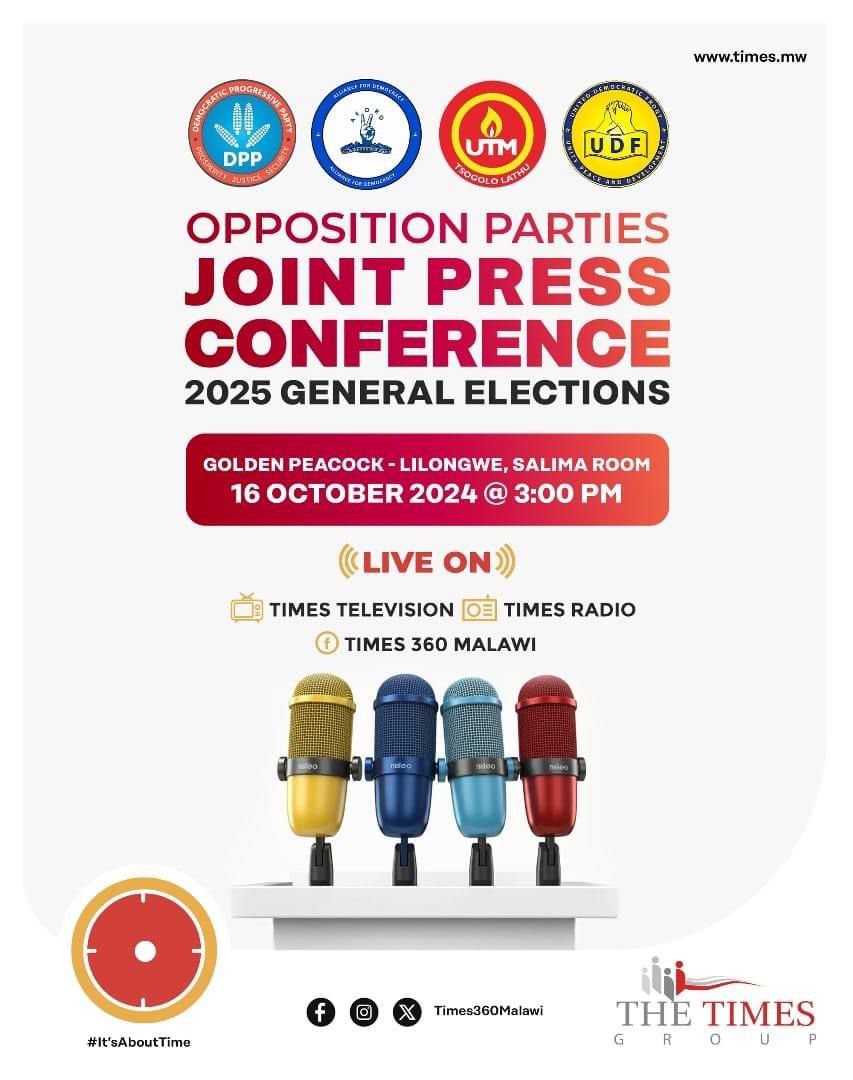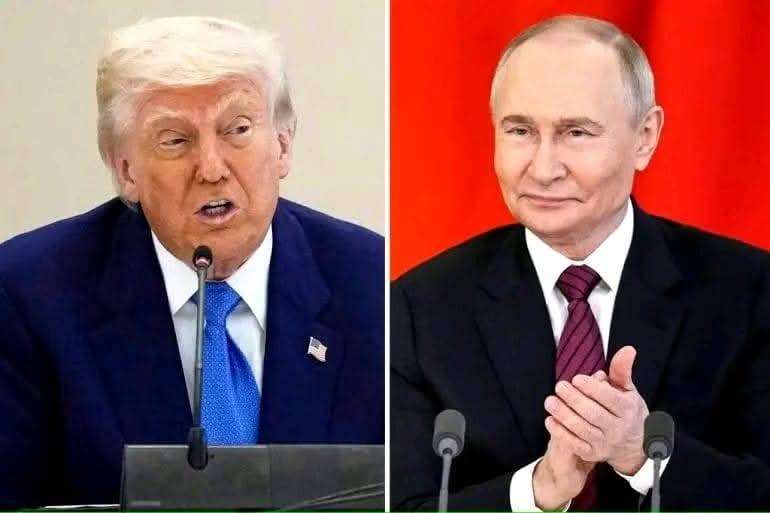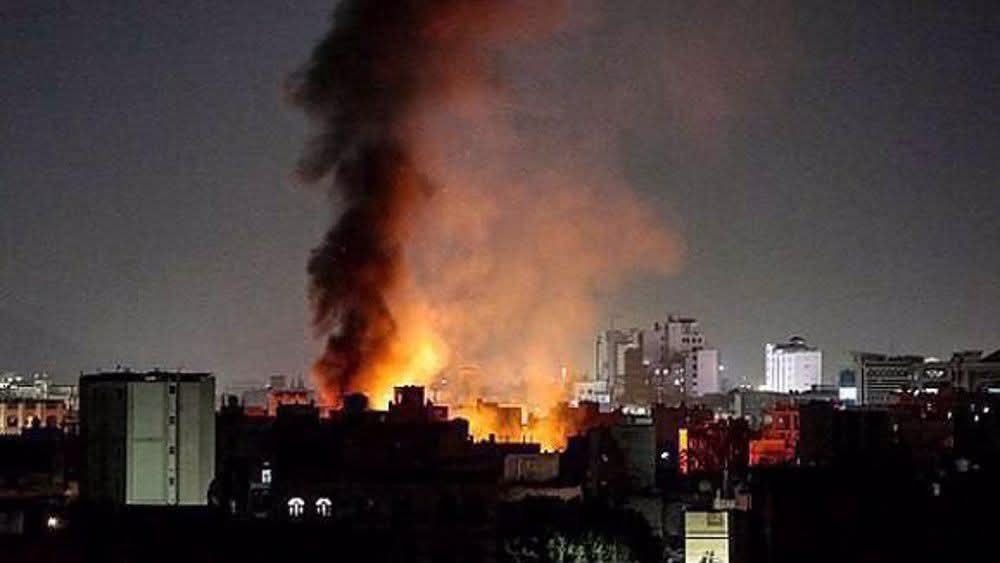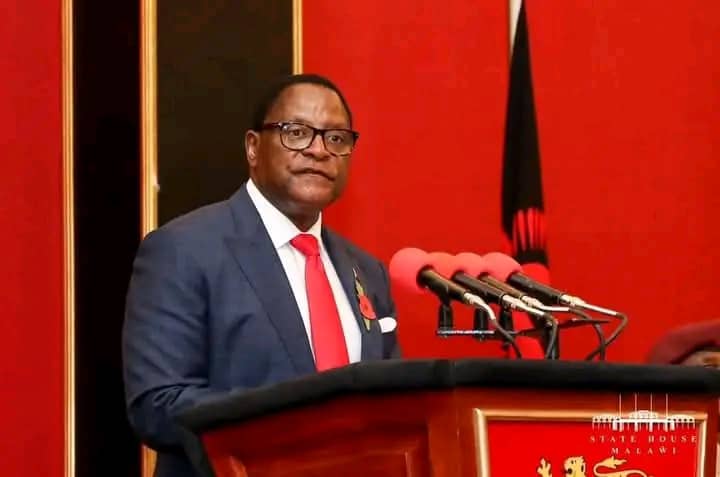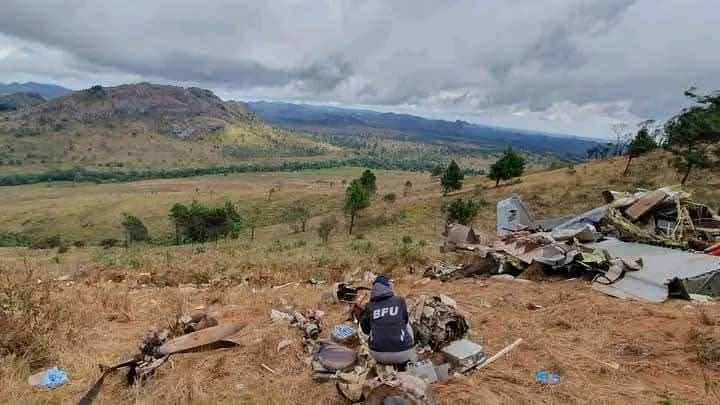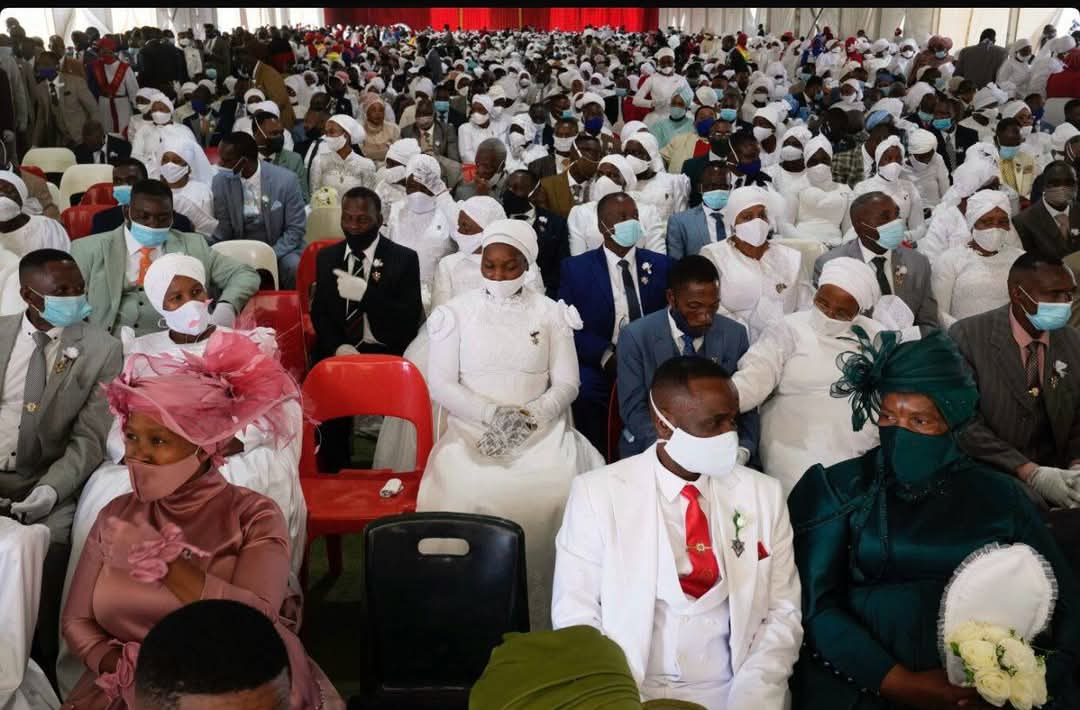By Burnett Munthali
Several political parties in Malawi, including the United Transformation Movement (UTM), the Democratic Progressive Party (DPP), and the Alliance for Democracy (AFORD), have called on the National Registration Bureau (NRB) to establish permanent centres for registering citizens for national IDs. These parties argue that this approach would be more efficient and reliable compared to the current system used by the Malawi Electoral Commission (MEC) for voter registration.
- Trump Expresses Disappointment in Putin Over Ukraine War StanceWashington D.C. — Former President of the United States, Donald Trump, has expressed deep disappointment with Russian President Vladimir Putin…
- Yemeni Army Launches Fresh Missile Strike on Israel in Retaliation for Airstrikes on HodeidahHodeidah, Yemen – July 7, 2025 The Yemeni Armed Forces have launched a retaliatory missile strike targeting Israeli positions in…
- Namadingo sets sights on Chitipa: Music star to build hospital after school project in MachingaBy Burnett Munthali Renowned Malawian music icon and philanthropist, Patience Namadingo, has announced plans to construct a hospital in Chitipa…
- Prophet Bushiri Donates K50 Million to Support Malawian Film “Welcome to Maula Prison”By Suleman Chitera, Lilongwe, Malawi – July 7, 2025 In a major boost to Malawi’s growing film industry, Prophet Shepherd…
- Malawi is no longer the “Warm Heart of Africa”By Vincent Gunde A Malawi Congress Party (MCP) diehard of Mvera in Dowa district Mr. Rodgers Kamphangala, has described the…
This collective demand comes as Malawi approaches its next election cycle, with concerns mounting about the accuracy and integrity of voter registration. Under the current system, MEC sets up temporary voter registration centres during election periods, which parties claim is fraught with inefficiencies and disenfranchises many potential voters, particularly in remote areas.
The opposition parties are proposing that NRB takes over this responsibility, permanently registering citizens for national IDs, which could then serve as voter identification cards. This, they argue, would ensure that all eligible voters are continuously captured in the system and that the registration process is not rushed or compromised during election periods.
A spokesperson for the UTM stated, “The idea is to streamline and harmonize the registration process. NRB is already responsible for issuing national IDs to Malawians, so it makes sense to allow them to handle voter registration as well. This will also eliminate the need for separate registration exercises and avoid the chaos we have seen in previous elections.”
Similarly, DPP officials expressed concerns over past instances where citizens were unable to vote due to problems with MEC’s temporary registration system. They pointed to the challenges faced by MEC in updating voter rolls in time for elections, which often led to confusion and delays.
AFORD also echoed these sentiments, emphasizing that a permanent system overseen by NRB would be more inclusive and ensure that no eligible voter is left out. “MEC should focus on running the elections themselves, while NRB handles the registration,” an AFORD representative said. “This way, we reduce duplication of efforts and avoid the last-minute rush to register voters.”
The parties have officially submitted their proposal to the relevant authorities and are calling for urgent reforms before the next electoral cycle begins. They argue that adopting their recommendations will enhance the credibility of Malawi’s electoral process and ensure that every eligible citizen is given the opportunity to vote without unnecessary barriers.
The National Registration Bureau has yet to respond to the request, while MEC maintains that it is capable of handling voter registration as it has done in past elections. However, with mounting pressure from opposition parties, the debate on whether to transfer this responsibility to NRB continues to gain momentum in the country’s political discourse.
As the 2025 general elections approach, many will be watching to see if these proposed changes are implemented and how they will impact the voter registration process going forward.


